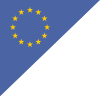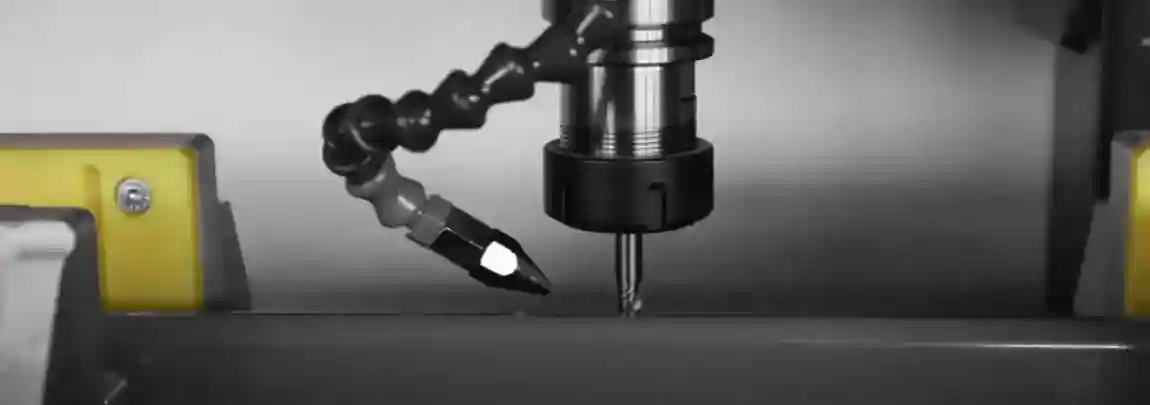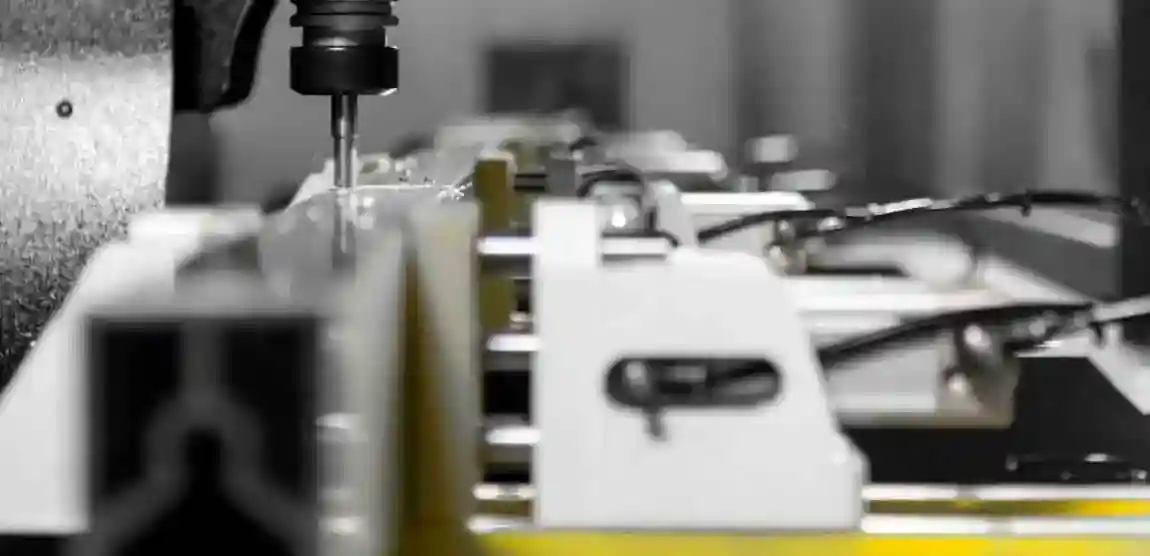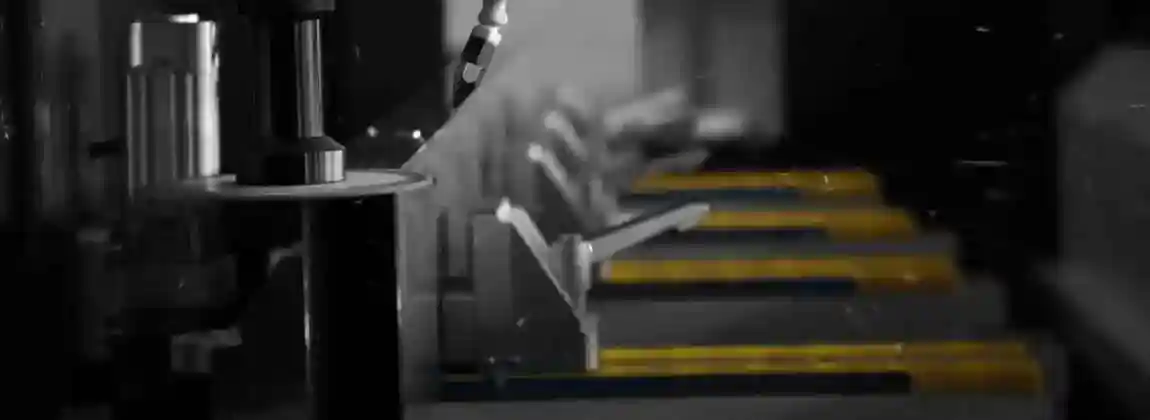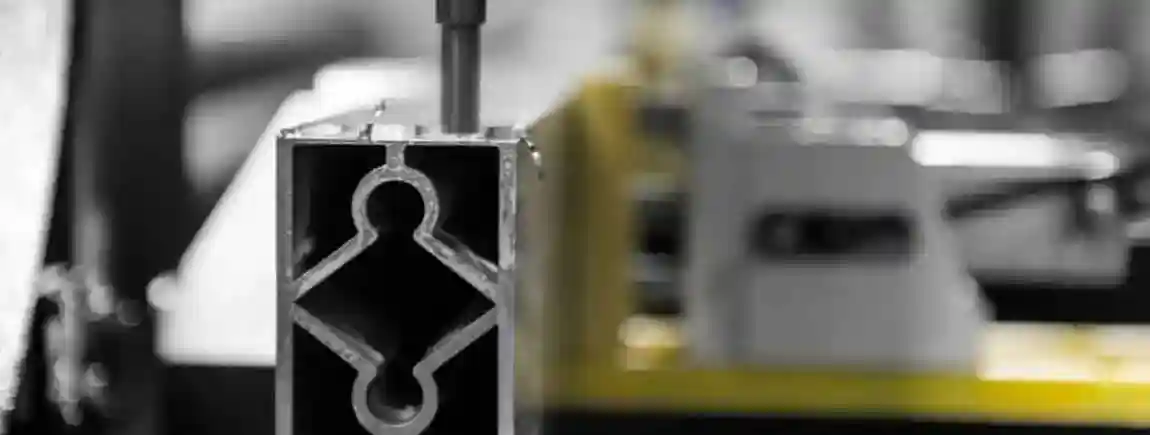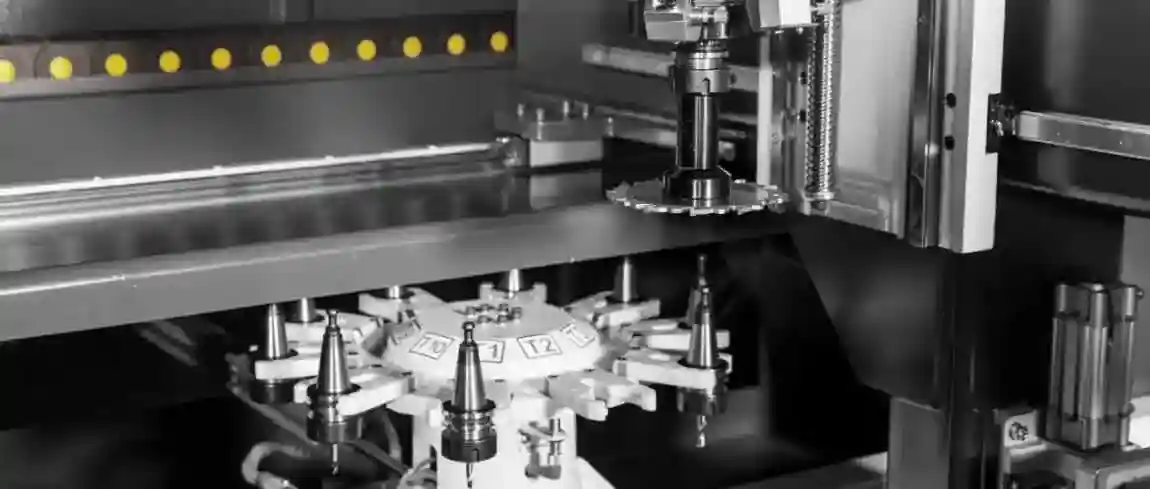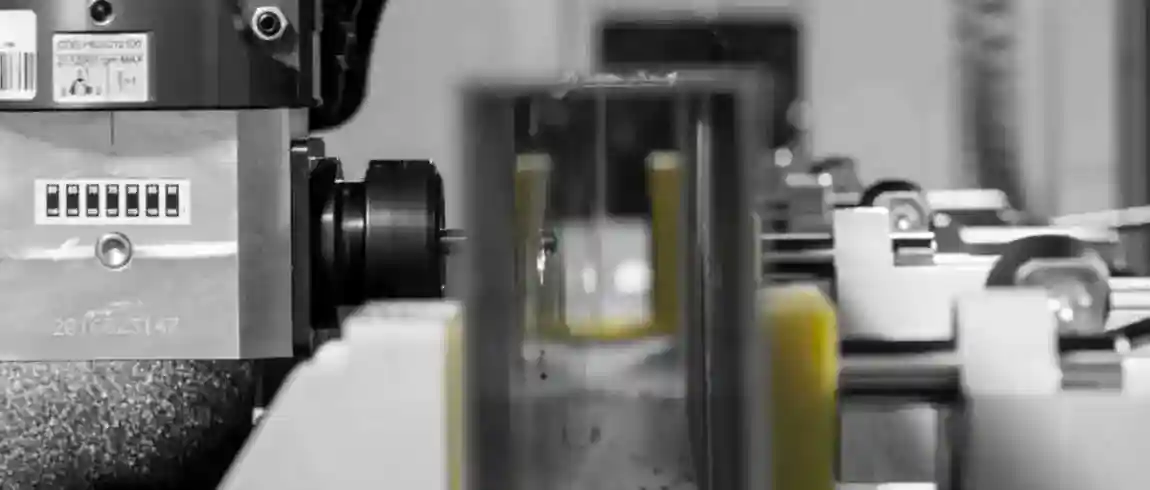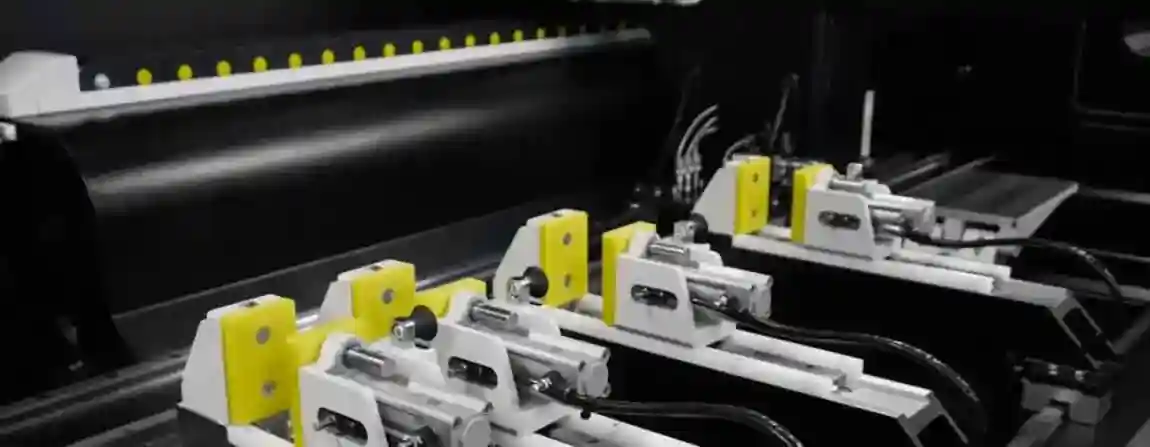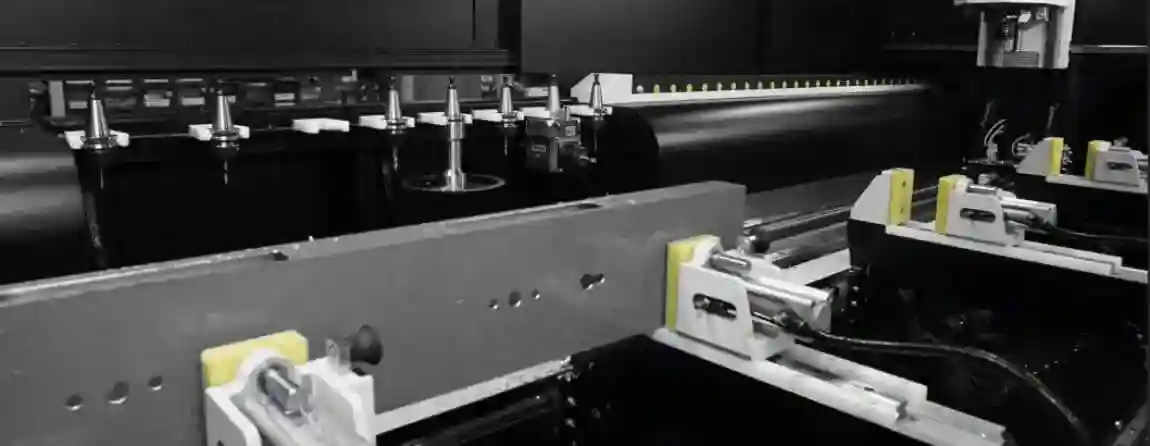-

Company
Product
ALUMINIUM MACHINES
PORTABLE MITER SAWS FOR ALUMINUM
PORTABLE COPY ROUTER MACHINES FOR ALUMINIUM
PORTABLE END MILLING MACHINES FOR ALUMINIUM
AUTOMATIC MITER SAWS FOR ALUMINIUM
COPY ROUTER MACHINES FOR ALUMINIUM
END MILLING MACHINES FOR ALUMINIUM
ALUMINUM CORNER CRIMPING MACHINE
DOUBLE MITRE SAWS FOR ALUMINIUM
AUTOMATIC SAWS FOR ALUMINIUM
BAR PROCESSING CENTERS
MACHINING CENTERS FOR ALUMINIUM COMPOSITE PANELS
NOTCHING SAWS
WEDGE CUTTING SAWS AND NOTCH CUTTING SAWS
MITER SAWS FOR ALUMINIUM
PVC PLASTIC MACHINES
PORTABLE MITER SAWS FOR PLASTIC
PORTABLE COPY ROUTER MACHINES FOR PLASTIC
PORTABLE END MILLING MACHINES FOR PLASTIC
MITER SAWS FOR PLASTIC
COPY ROUTERS FOR PLASTIC
END MILLING MACHINES FOR PLASTIC
WELDING MACHINES FOR PLASTIC
CORNER CLEANING MACHINES FOR PLASTIC PROFILES
DOUBLE MITRE SAWS FOR PLASTIC
BAR PROCESSING CENTERS
GLAZING BEAD SAWS
AUTOMATIC MITRE SAWS FOR PLASTIC
METAL MACHINES
MANUAL METAL SHEET BENDING MACHINE
MANUAL BENDING MACHINES
HYDRAULIC BENDING MACHINES
NON MANDREL BENDERS
PLATE BENDING MACHINES
BORDERING AND TRIMMING MACHINES
HORIZONTAL PRESSES
BELT GRINDING MACHINES
PIPE NOTCHING MACHINES
PIPE POLISHING MACHINES
LASER CUTTING MACHINES
PRESS BRAKES
VERTICAL TURNING CENTERS
MACHINING CENTERS
WOOD MACHINES
GLASS MACHINES
ROBOTICS SPECIAL MACHINERY
Service
Blog
Contact
Blog
- Home
- Blog
- PVC WINDOW MACHINE
- PVC OR UPVC WINDOW PROFILES
PVC OR UPVC WINDOW PROFILES
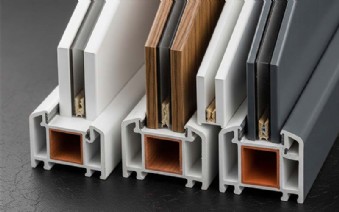
PVC or UPVC Window Profiles – Differences and Advantages
Introduction: Why the choice of material matters for window profiles
Windows are among the most important elements of any building. They influence not only the overall design but also thermal insulation, energy efficiency and long term durability. One of the most common questions in modern construction is whether to choose PVC or UPVC window profiles. Many homeowners, architects and window manufacturers are not fully aware of the differences and wonder which option delivers the best performance. This blog explains the key distinctions, highlights the advantages and disadvantages of both materials and provides clear recommendations for use in modern window manufacturing.
What is PVC
PVC (Polyvinyl Chloride) is a widely used plastic material applied in many industries and construction areas. PVC can be produced in different forms. There is flexible PVC which contains plasticizers and rigid PVC which is free of plasticizers.
Flexible PVC is used for products such as cable insulation, flooring, hoses and packaging. In window construction, however, rigid PVC is more relevant. This is where the distinction with UPVC becomes important.
What is UPVC
UPVC (Unplasticized Polyvinyl Chloride), also called rigid PVC, is PVC without plasticizers. It is especially strong, weather resistant and durable, which is why it has become the standard material for window production worldwide.
UPVC window profiles are known for their long lifespan. They resist moisture, UV exposure and temperature fluctuations. They require very little maintenance and thanks to multi chamber designs and advanced sealing systems, they provide excellent thermal insulation and sound reduction.
The differences between PVC and UPVC window profiles
The main difference is the use of plasticizers.
PVC with plasticizers is flexible and less dimensionally stable. It is not suitable for load bearing constructions or elements exposed to continuous stress.
UPVC by contrast is rigid, free of plasticizers, form stable, robust and resistant to weather and environmental impacts. It has become the standard choice for windows and doors in residential, commercial and industrial buildings.
Another key difference is durability. While flexible PVC can become brittle when exposed to extreme sun or cold, UPVC remains stable and colorfast for decades.
Advantages of UPVC window profiles
UPVC window profiles offer a wide range of advantages which explain their popularity in modern construction.
One major benefit is longevity. UPVC windows can last thirty to forty years without needing replacement. They are also low maintenance. Unlike wood windows they do not require painting and can be cleaned easily with water.
Energy efficiency is another decisive factor. Multi chamber UPVC profiles act as insulating layers and help to keep warmth inside during winter and outside during summer. This improves comfort and reduces heating costs.
Sound insulation is also outstanding. With the right glazing and sealing systems, UPVC profiles achieve excellent noise reduction values.
Finally, cost efficiency makes UPVC an attractive option. Compared to aluminum or wooden windows, UPVC is usually more affordable while still offering high quality and reliable performance.
Advantages of PVC in comparison
PVC containing plasticizers is rarely used in window production because it lacks the required stability. It is mainly applied in areas where flexibility is essential. For standard window and door construction, however, UPVC is clearly the preferred solution.
Sustainability and recycling
Another strength of UPVC is its recyclability. Old profiles can be melted and reused to produce new profiles. Many manufacturers, including companies like Evomatec, focus on sustainable processes and integrate recycled materials in production. This helps to reduce resource consumption and lowers the environmental footprint.
Conclusion
The debate PVC or UPVC window profiles has a clear outcome. PVC with plasticizers is unsuitable for windows while UPVC is the proven and reliable material for modern window construction. It combines durability, energy efficiency, sound insulation, ease of maintenance and attractive costs.
For anyone investing in high quality windows, UPVC profiles are the logical choice. Combined with advanced processing technologies and modern machinery, they ensure long term performance in residential housing, office buildings and façade construction.
- PVC window profiles
- UPVC window profiles
- PVC vs UPVC
- UPVC advantages
- PVC disadvantages
- UPVC windows
- PVC windows
- PVC or UPVC windows
- rigid PVC window profiles
- UPVC profile supplier
- UPVC profile manufacturer
- PVC vs UPVC differences
- UPVC profile advantages
- UPVC profile durability
- UPVC profile insulation
- PVC window manufacturing
- UPVC window production
- UPVC profile systems
- PVC vs UPVC windows Germany
 GERMANY
GERMANY ENGLISH
ENGLISH FRANCE
FRANCE SPAIN
SPAIN PORTUGAL
PORTUGAL